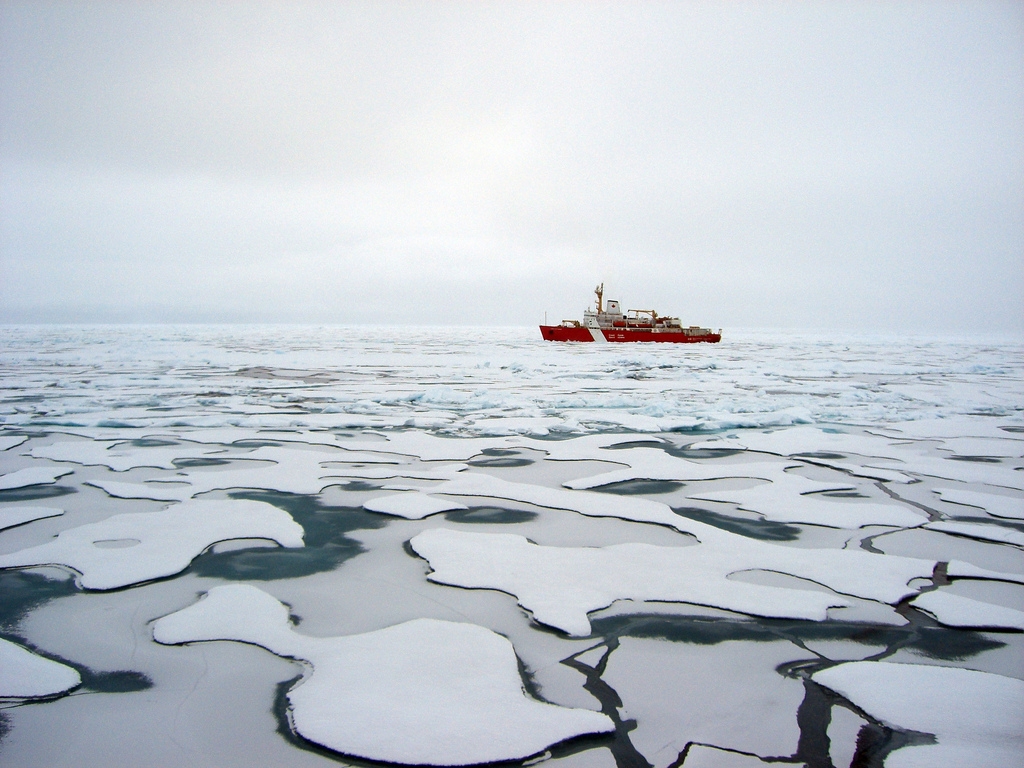
The Pros and Cons of Alaskan OCS Development
On June 29th, Roll Call in partnership with CQ hosted a policy briefing event titled “Arctic Offshore Investment: Perspectives on the Development of Alaska’s Outer Continental Shelf.” Previous to this event, the DOI was preparing to present its Proposed Final Five-Year Outer Continental Shelf Oil and Gas Leasing. The DOI has since released the final Arctic OCS drilling rule which seeks to ensure that if operators decide to act upon their leases or any future leases, they will operate with strong safety and environmental protections in place. Many support the fact that the new rule better addresses the unique challenges posed by the Arctic operating environment. However, others believe the rule does not accurately reflect current industry capabilities and includes unnecessary requirements.
In light of the new Arctic OCS drilling rule, it is of the utmost importance to weigh the opportunities against the risks of developing Alaska’s offshore resources. The main focus of this event was to discuss the economic, social, and environmental implications of new offshore Alaskan development.
The event began with a keynote speech from Senator Lisa Murkowski (R-Alaska), who strongly believes there is a clear need for oil and gas production within the region. She noted that oil consumption is projected to grow on a domestic basis, and despite an abundance of resources “right beneath our feet and our waters”, the U.S. is projected to continue to import oil through 2040. Importing oil rather than producing it domestically deprives Alaskan communities of major job opportunities, setting them up for a grim economic future. In regards to what Alaskans think, she cited a 2014 survey that noted 73% of Alaskans favor offshore arctic development. It is her belief that to forsake arctic oil and gas is to forsake America’s energy security.
Senator Murkowski also pointed out that a major benefit from OCS development includes the delivery of a world class oil spill response system. Without this development, the current system will not be adequate to respond to accidents off the coast, especially when international shipping traffic has increased over the past several years.
But others think the environmental risks are too high. Senator Jeff Merkley (D-Oregon) spoke next about the Keep It in the Ground Act to slow the pace of climate change and prevent some of its most serious consequences. Based on current estimates of the amount of coal, oil, and gas in known reserves on earth, scientists have determined that to prevent us from crossing the 2 degree Celsius threshold, we need to keep 80% of fossil reserves in the ground. Senator Merkley pointed out that we need to work with the world to leave these reserves in the ground, and we cannot do so if we are taking what we own and leasing it. The Obama Administration has put forth an extensive climate change agenda, and offering leases in Alaska would contradict those goals. Senator Merkley also emphasized that the Arctic is an especially dangerous place to drill for the following reasons: because an oil spill will not dissipate like it does in the Gulf, there is almost no infrastructure to support an emergency response, and it is a major threat to Alaskan wildlife.





